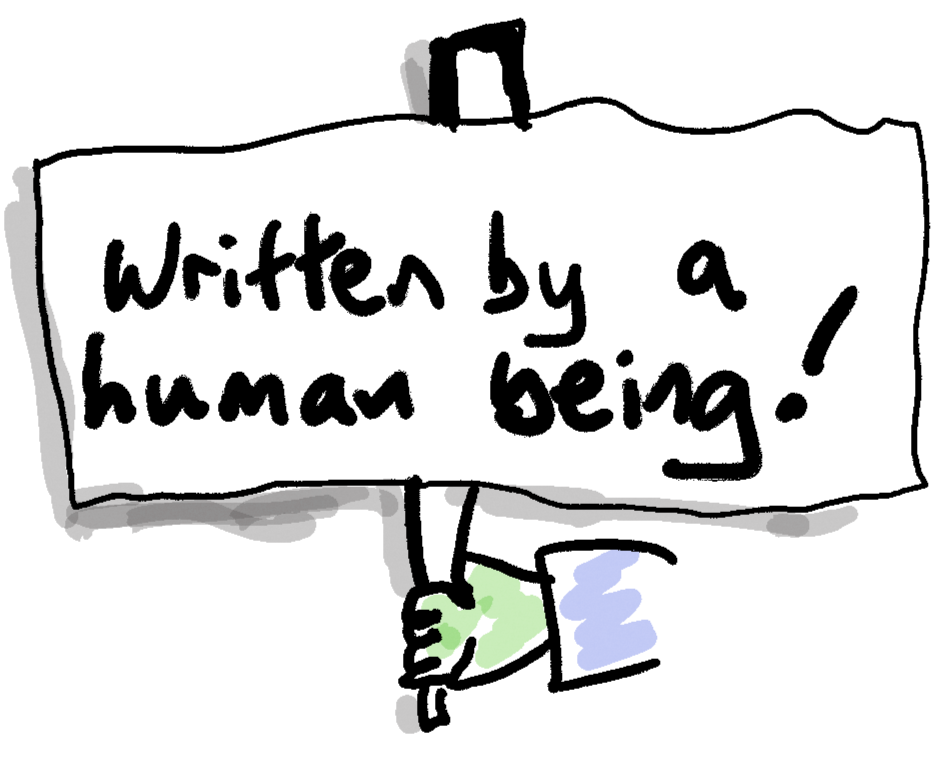I didn’t know teachers were allowed to refer to students like that!
“You’ve been speaking to that blasted Freedman, haven’t you?!”
That was how a teacher at college responded to a comment by a friend of mine at the start of the lesson. To understand what that was all about, we must know the back story. That centres on a book by Stephen Potter called Lifemanship.
There are numerous books about psychology, but this is one of the best in my opinion. It’s a humorous look at how to behave if you wish to be “one up” on people – and how to counteract the people who aspire to be one up on you. Potter defines “one up” in a somewhat self-referential way: if you’re not one up, then you’re one down. But why should anyone even want to look superior to someone else?
The book and its suggestions are clearly based on real-life situations, or an exaggerated version of them. Its underlying joke is that all the “gambits” and “ploys” (Potter’s terminology) are from the curriculum of the fictitious Lifemanship Correspondence College.
Potter was a lecturer in English at the university of Oxford, and Lifemanship gently pokes fun at academia, with chapters on subjects like Conversationship, Week-endmanship and Writership (with subsections like “Dedicationship”). Each of these contains advice on how to convey the impression that you are better, in some way, than the people you’re with.
It all sounds silly and pointless, but there’s a lot of sound psychology in these pages. Indeed, I’ve even seen the term “one upmanship” in serious books and articles.
Origins
I first came across Lifemanship and its companion volumes when I was 14. At that age my usual reading fare was Superman comics and a series called Classics Illustrated, which were in effect graphic novel versions of world class literature. My parents had a shop in a market, and my journeys there were not complete unless I visited the stall selling comics and books. One day, finding nothing much of interest in the comics section, I thought I’d browse the paperback racks. There, in virtually pristine condition, was a set of books by Stephen Potter, who at that time I’d never heard of. These were Gamesmanship, or the art of winning games without actually cheating; Lifemanship, or the principles of Gamesmanship applied to everyday life; One-upmanship, or If you’re not one up then you’re one down; and Supermanship, on the art of staying on top without actually falling apart. A quick perusal of the contents was enough to appeal to my practical joker mind, so I bought the lot.
Lifemanship has given me many years of pleasure, along with genuine insights into how some people tick. I would highly recommend it as a guide to human foibles.
At first, it was all a joke…
Two clever things about the books are, firstly, that the ruses suggested by Potter make a great deal of sense; and, secondly, that he is constantly playing games with the reader.
Take the suggestion, in Gamesmanship, about how to win a game like snooker (or billiards or pool). Clearly, if you were to, say, hum or whistle while your opponent is taking their shot, that would be extremely bad form and you would, rightly, be accused of cheating. Instead, suggests, Potter, you should try to find out your opponent’s weak spot. For example, if he is a musician, then while you are taking your own shot hum a song quietly to yourself – out of tune. This will “wind him up” so much that eventually he will make a stupid mistake.
Now, regardless of what you may think of the moral aspect of that behaviour, you have to concede that it is brilliant psychology.
As for playing games with the reader, right from the start of Lifemanship Potter includes footnotes such as “See page 126 under ‘OK-names’”. Another footnote advises the reader to “buy our booklet: Places where it’s OK for things to first come to you at”. (As a lecturer in English, Potter would have been well aware of the (baseless) advice to not end a sentence with a preposition. I am pretty sure, though I have no way of knowing, that that fictitious book title was a little dig at the pedants among us!)
These ridiculous footnotes, not to mention his footnotes within footnotes, are clearly intended to take the rise out of academics. One of the things I started to notice at university was one-upmanship by academics through their footnotes. In one book I came across, for example, there was a footnote to the effect of “It is amusing to note that this occurred in 1897”. As far as I could tell, there was nothing remotely amusing about that fact, if indeed it was a fact, but I started using it in my own essays. These footnotes invariably received a tick by the tutor, including one that read “It is amusing to note that this occurred in the same year as the repeal of the Corn Laws.” There was no connection whatsoever between the two events, much less any source of amusement.
It was at around that time that I began to realise the real insight of Stephen Potter: that if you present someone with a seeming fact, they would rather go along with it than call you out, just in case it happens to be true!
A real pleasure for me was chatting to a bookshop owner at university. He told me that when Lifemanship was published in 1950 he and his fellow undergraduates were going around trying out many of Potter’s gambits – and inventing new ones. I, too, have put various gambits to the test, with humorous results, and this brings us back to that outburst by a teacher.
One of the ways in which Potter suggests you can subtly undermine someone who is clearly very self-confident is to tell them that they are looking very relaxed – in a way that suggests they have at last cut down to a bottle of whisky a day. I thought I’d try this out.
At college, the first double period on a Monday morning for me was British Politics, with Mr M. One day, as Mr M walked into the room, the following exchange took place:
Me: You’re looking very relaxed today, Mr M.
Mr M: (Looking worried.) What do you mean?
Me: Nothing, just that you look relaxed. I suppose you’ve had a lovely weekend.
Mr M: Hmm.
Every now and then in the lesson, Mr M would glance over at me, and I would nod slightly and give an encouraging little smile. The poor fellow looked like a nervous wreck by the end of the lesson.
My friend J had the same lesson after the morning break, so I suggested to him that he tells Mr M he is looking very relaxed. Later he reported the conversation thus:
J: You’re looking very relaxed, Mr M.
Mr M: “You’ve been speaking to that blasted Freedman, haven’t you?!”
… But joking aside
That sort of thing is, of course, very much student-level humour, but something I have noticed over the years is that a lot of people seem to delight in attempting to be one up on others, for no apparent reason. For example, every so often a fellow student on a literature course will say something like “You will recall that Kipling tends to use a lot of dramatic irony in his work.” An effective response, because it conveys the impression that you have gone rather more deeply into matters, suggests Potter, is: “But not in the south”. This is bound to stop the clever clogs in their tracks. If they counter with, “What do you mean?”, you could just make something up.
More seriously, even officialdom sometimes practises one-upmanship, perhaps without realising it. For example, one of the concepts that Potter describes (in Supermanship) is “The petrification of the implied opposite”. I remembered this when a government in England introduced an initiative called Helping People for people in sheltered accommodation. I said to my wife, “I bet that means cutting the funding” – and I was right.
You can spot it in book reviews. Potter advises, in his section on New Statesmanship (The New Statesman is a weekly periodical in the UK):
“In Newstatesmaning the critic must always be on top of, or better than, the person criticised.”
One way of achieving this is to be surprised:
“I am surprised that so eminent a scholar as Dr Whitefleet…”
Seventy years later, an article by the Secret Author in The Critic magazine, on what book blurbs really mean, informs us that:
“A writer who has gone off in an exciting new direction has invariably made a terrible mistake.”
Concluding remarks
One-upmanship and BS has been with us for years, and will doubtless remain for many more. Yet I find great solace in knowing that years before I was born there was Potter, showing up all this nonsense for what it is, and playing its perpetrators at their own game.
Lifemanship is, sadly, out of print, but used copies can be found on Amazon. Highly recommended is Upmanship, a hardback volume comprising all four books.
This article first appeared on Substack. Click the graphic below to be taken to my newsletter there, where I write about literature, writing and life in general!







